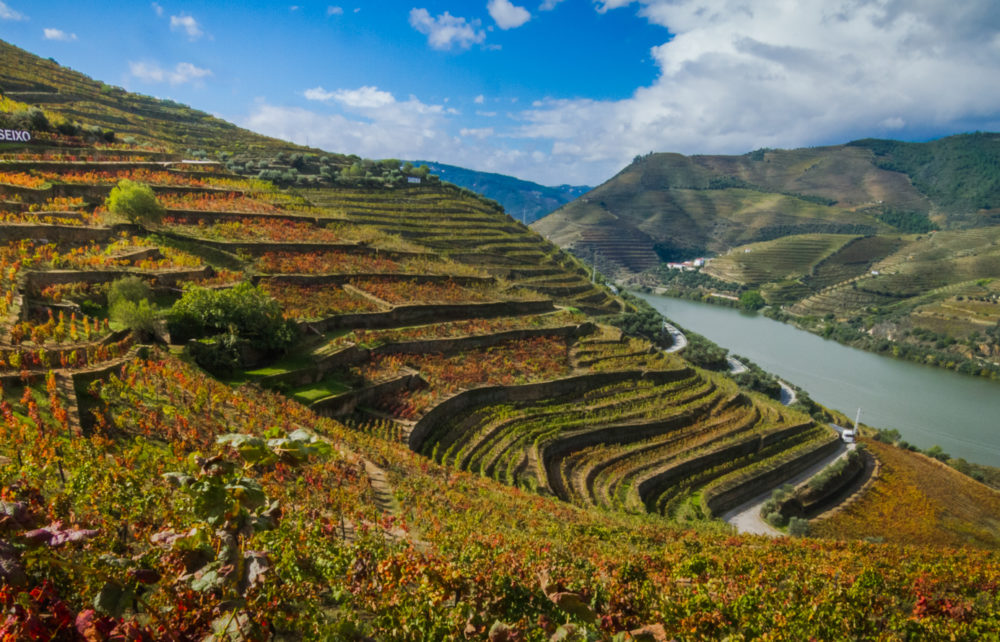Turismo de Portugal has launched a mini-programme accessible from WeChat, aiming to promote Portuguese gastronomy, sights and festivities in the country.
“It is a search engine 100% dedicated to Portugal”, described Tiago Brito, the permanent representative of Turismo de Portugal in China. “The target is mainly the final consumer, and not so much organised groups”, he said.
The content of the mini-program is entirely translated into Chinese and is made up of 750 points of interest divided by region, including tourist attractions, entertainment, shopping, gastronomy or hotels.
Macao-Portugal Investment and Tourism Conference results in 11 cooperation agreements
A click, for example, on the Porto and North section allows you to discover the main tourist attractions in the region, from the historic center of Porto to the Natural Park of Montesinho, located in the northeast of Trás-os-Montes. In the Gastronomy and Wines subsection, there are presentations in Chinese about the mirandesa steak, francesinha, codfish à Brás or the Vinho Verde Route.
The initiative illustrates the efforts of the Portuguese authorities to generate more value in China, the largest emitter of tourists in the world.
“The objective is to grow in value: we want Chinese tourists to resume their search for Portugal, but essentially we want them to stay longer in the country”, stressed Tiago Brito.
He explained that, on average, the Chinese guest stays less than two nights in Portugal. “We want to influence demand or qualify demand so that they stay longer, get to know Portugal better and generate more revenue for the country, which will help us balance the trade balance with China,” he said.
According to data provided to Lusa by the permanent representative of Turismo de Portugal in China, more than 385,000 Chinese visited Portugal in 2019, the last year before the pandemic.
Tourists from China spent a total of 224 million euros in the country, an increase of 20% compared to 2018.




